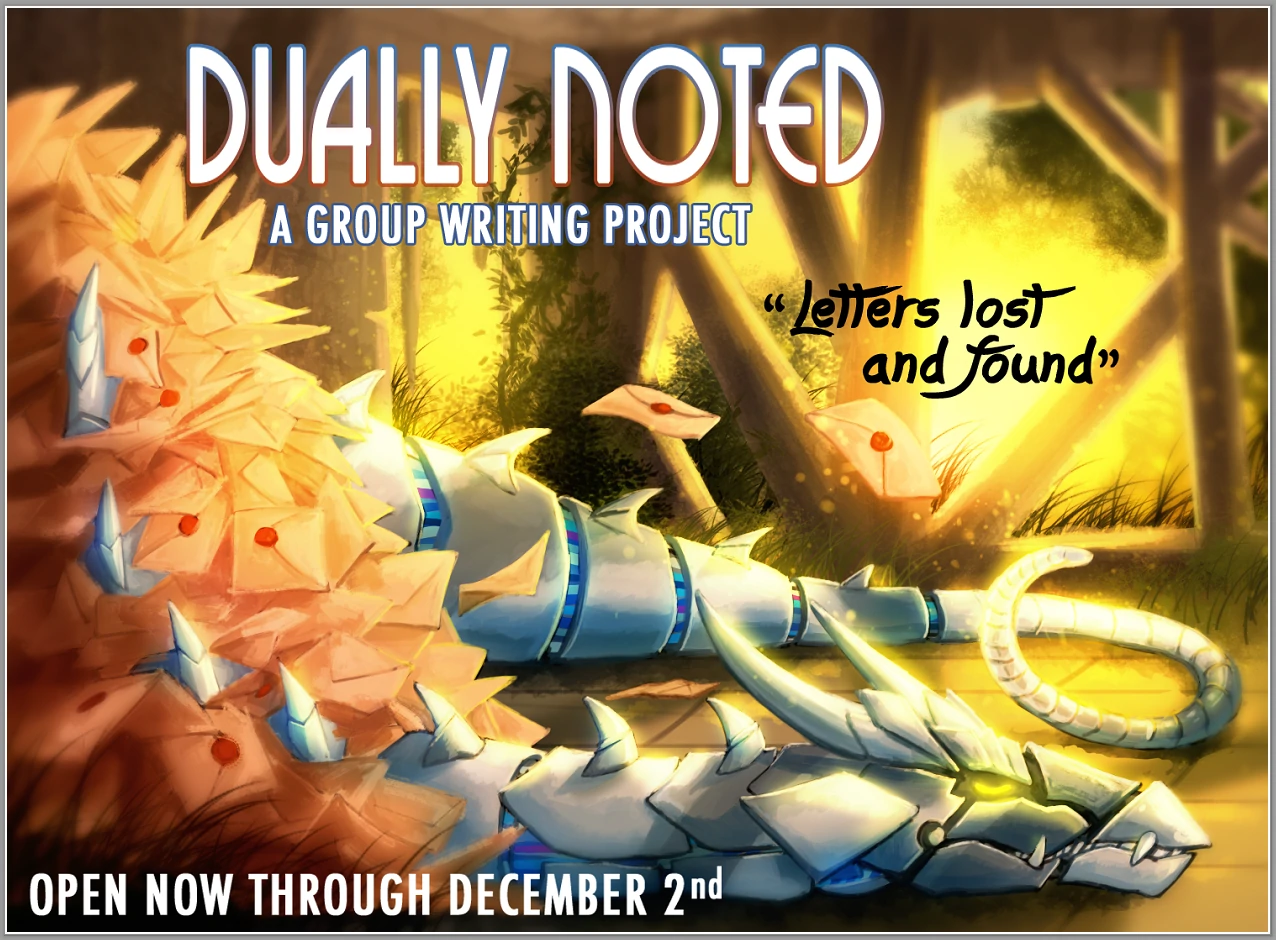
time stops in midwinter
Words By Sarah Westvik, Art By Hailey Renee
She goes northwest in the winter.
It is tradition after all. I, ever your loyal ally guarding these far marches of your kingdom, and you, crowning your great mountain, defying the long dark. When else should we meet?
She cradles the wooden box from the train to her bed, where she waits for the jetlag to lower her head to the pillow.
The journey was treacherous. Too many horses, too many men—lost to the snows, the fell squirming things under frozen soil, the clawed hordes haunting tree and cave. Who among us could ever find sleep?
Fires are lit, songs are sung, programs watched, and a feast prepared for the holy day.
This day, the shortest of them all . . . we should have sung the lays of treasure-seekers beneath the sea and lovers that leaned down from the stars to kiss these great peaks. Would that we may have been in such songs. We know their pain well, but the wine we drink is more bitter.
The letters had been found in the box, inside half a stone arch, in a ruin in the woods. It had been eaten by rain, wind, and the soil of sliding land. It seemed strange that time should reveal the box, rather than bury it. Rather than held reverently in her young hands, the letters should have been broken down to dust-motes, caught in the old gold sunlight of the dying year.
But we, undying as we are, simply carry our stories and our time, do we not? We shoulder them and pray that we will add a new chapter with each year, and ours should have been a book never-ending. Yet what I found here was a ruin. After these centuries, the siege finally broke. Your banners carried the day—but could not carry you.
She fancies the letter writer is a man, and that he is a captain. Something in the slant of the letters, perhaps, though her older sister tells her that’s superstition, not science.
She fancies he is not human—why should he speak of not dying, of centuries of war? Her grandfather has answers to everlasting life that he doles out so close to the holy day, but something tells her that this isn’t what the captain meant.
She fancies the writer may not even be of this world—or his world may be long lost. There are no towering hills recorded here. She has checked every map in the local library and antique shops. Their mountains are low now, old as time, and sinking back into the earth. She sits before the fire, clutching the final page of the final letter while her loved ones are in the other room. She fancies the captain loved the king, too.
I go to your pyre now, our life committed to these pages. I bury them, to be fed to the roots of the mountain. Unseen, yes, but alive forever. Perhaps, year on year, they will grow back up to kiss the stars.